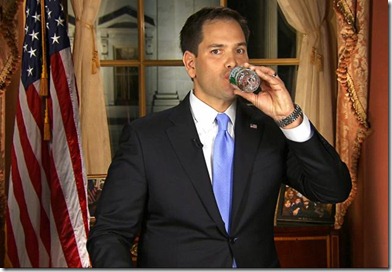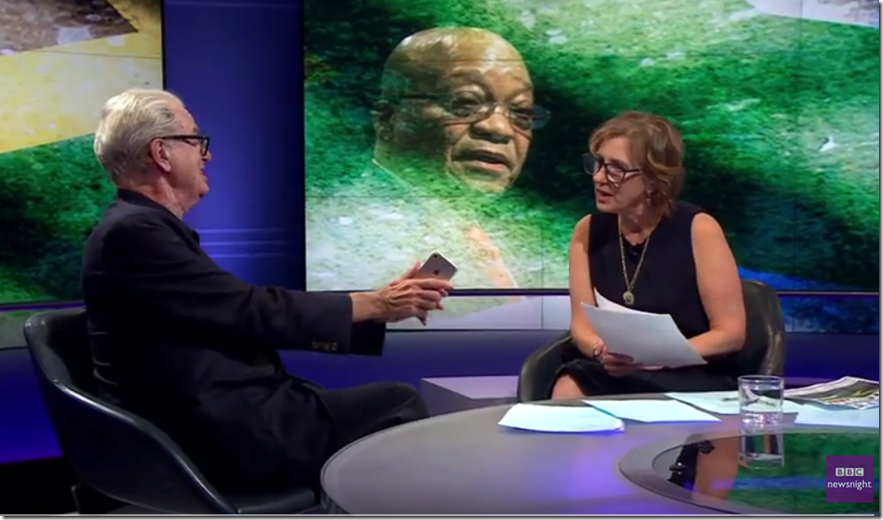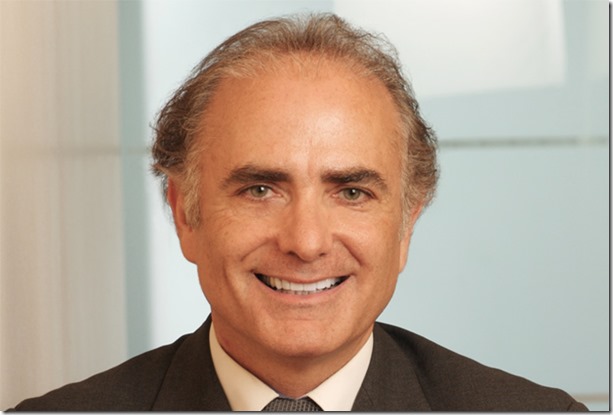The Worst Video Media Disaster Of February 2013
When Florida Senator Marco Rubio offered the Republican response to President Obama’s State of the Union Address, his delivery was hampered by one of the worst cases of dry mouth ever televised.
The Senator’s entire performance was a bit of a mess. He removed sweat from his forehead numerous times, repeatedly licked and wiped his dehydrated lips, and even muffled a few words because his tongue was stuck in place.
But it was his awkward lunge for a miniature-sized bottle of water that turned his performance into a late night joke.
The fact that Sen. Rubio received this much mocking press for needing a drink of water is, well, unfair. But the media’s commentary about the “sip slip” was also predictable. When Louisiana Governor Bobby Jindal (like Rubio, also a potential 2016 presidential contender) gave the rebuttal to the State of the Union in 2009, he was compared unfavorably to 30 Rock’s “Kenneth the Page” character due to the odd optics that diminished his appearance.
The big problem is that those moments distracted from the messages both politicians were hoping to convey.
I’m not interested in piling on Sen. Rubio, but I am interested in offering a couple of tips to prevent a similar “dry mouth moment” if you ever find yourself in a similar situation.
First, and most obviously, keep a bottle of water within easy reach. Hydrate yourself before your presentation, and avoid salty or hot foods that leave you parched before you speak.
But it’s this second point that’s the key. When something goes wrong during a presentation—and inevitably, it will—it’s critical that you avoid getting a look of panic.
Version One: How Rubio Handled It: He waited until he was desperate for a drink of water, awkwardly lunged to the side, and took a sip of water with the panicked expression of a man who had been caught doing something wrong.
Version Two: How Rubio Should Have Handled It: When Rubio realized he was getting parched earlier in his speech, he should have waited until a natural pause, calmly and deliberately reached for his water, taken a few sips, calmly put it back, turned back to the camera, and calmly resumed. It’s true that some commentators may have still remarked on the awkwardness of the moment—but the coverage wouldn’t have been as all-pervasive because the video clip wouldn’t have been as bad.
If you have a few minutes, it’s worth watching how the comedians portrayed the moment.
From Saturday Night Live:
Here’s the clip from The Colbert Report
Have the best of the blog delivered to your inbox twice per month! Enter your name in the box on the upper right of the blog to join our mailing list.




The SNL clip makes so much more sense now 🙂
I don’t know if I can agree with this. It may have been a disaster for about 12 hours, but after that Rubio used it to raise $100,000 and diffused it with some pretty deft humor. Long-term this will be remembered but it didn’t damage him at all.
Kevin,
Thanks very much for commenting. I agree with you partly, but not completely. First, you’re right that this “disaster” wasn’t much more than an embarrassing media moment, the shelf-life of which may not last terribly long.
But keep in mind that Mr. Rubio may be auditioning for a 2016 presidential run, and the Republican Response to the State of the Union may have been the single biggest audience he’ll be able to reach between now and then. Many non-political junkies were watching that night, some of which were forming an initial view of him. And those SNL and Colbert clips turned Rubio into a late night joke, something no politician ever wants to happen.
I’d be willing to bet that Rubio would gladly trade the $100,000 in additional fundraising to have that moment back.
Thanks for reading, Kevin. I truly appreciate it!
Brad
Part of it is recognizing – and having a savvy media team work around – the differences in venues, and trying to work around those differences.
The President has a few major advantages – the venue, the joint session of Congress, the grandeur, the entrance, the handshake and hug lines, the Sergeant at Arms announcing his entrance.
During the speech, the President also has advantages of a live speech before a live audience – applause lines, cutaway shots to acknowledge guests in the crowd, and the flow of a speech written for him to breathe, pause, gesture, and ask rhetorical questions to the crowd. That President Obama is a gifted speaker helps tremendously, of course. But a speech to a live audience in a natural environment gives opportunities where the camera will be away, and opportunities for bio-breaks (water, brow, throat clearing, etc.)
By contrast, the response looks like a videotaped deposition – one camera, one shot is visually boring. No cutaways to the crowd, because no crowd to cut to. No applause lines because nobody is there to applaud.
But it seems that they COULD cut to a chart – a graph – a visual of some kind to take the camera off the speaker. Brad’s sugestions are excellent in either case.
The President will always enjoy the advantage of office, and the venue for the SOTU is a home court advantage. I do think that Kevin makes a good point – for a response that is seldom watched, Marco Rubio in advertently kept his name in the news for a few days. Besides raising $100k, he showed that he could take a punch, laugh at himself (handing out water at events) – not the worst initial view in the world for a young senator.
And, he did a world of good by letting other surrogates and pundits (not him) make the argument that “Sipgate” shows how shallow the discourse has become.
Robert,
Thank you for your thoughtful comment and kind words.
You’re spot on about the inherent differences between a SOTU and the opposing party’s response. Given the media disadvantages and high risks, it almost makes you wonder why anyone would accept the role of giving the response. (Yes, I understand the opportunity it grants a politician to raise his or her profile, but the high level of difficulty makes it difficult to stick the landing.)
You also make an astute point regarding how Sen. Rubio deployed his surrogates — and I’m not sure their point about the superficiality of the discourse is incorrect.
Thanks for reading,
Brad